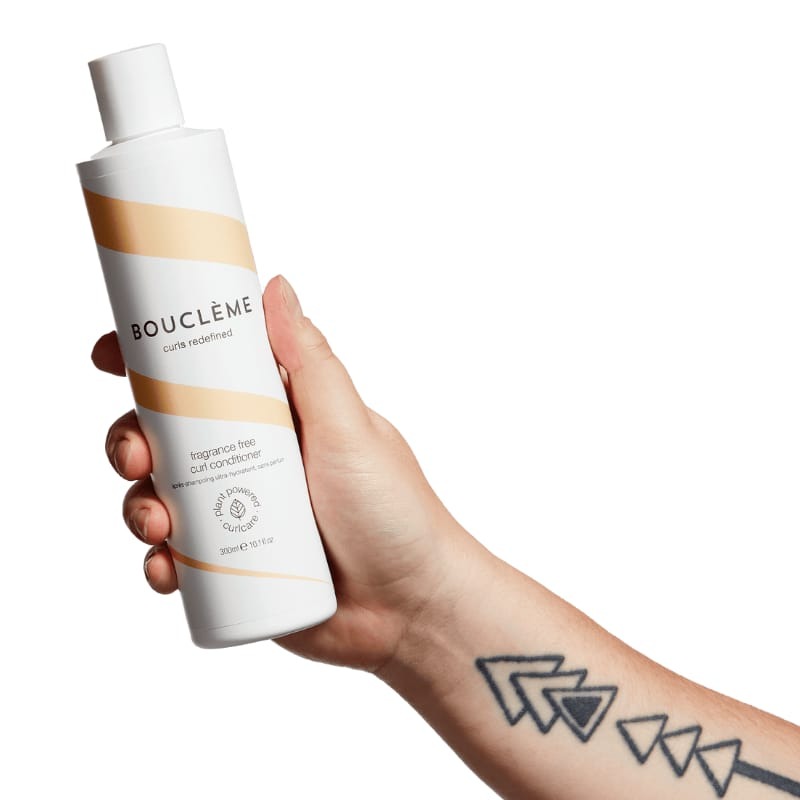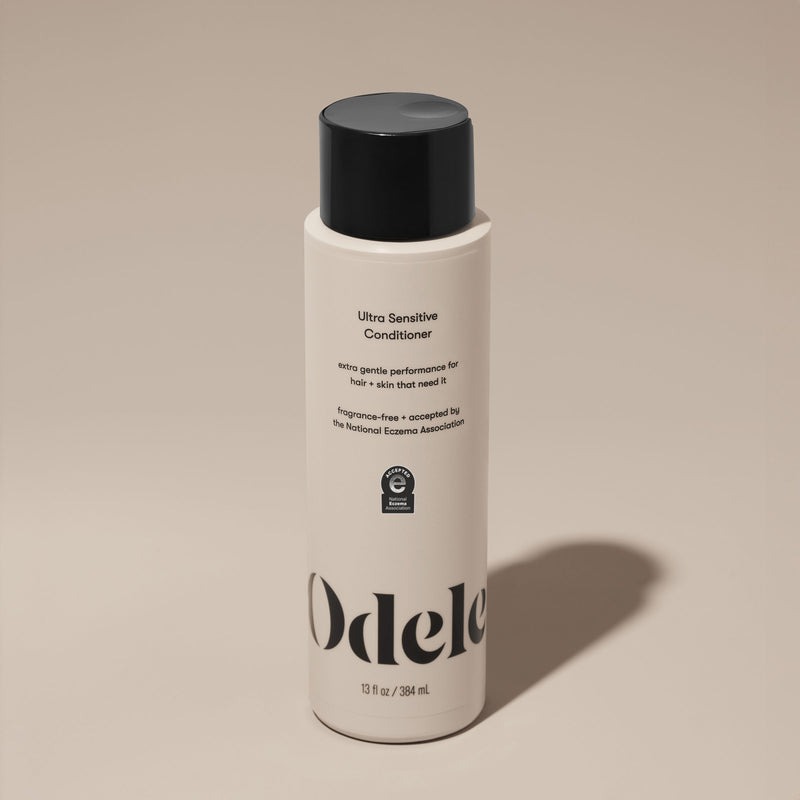The Science of Oily Hair: Causes and Concerns
Understanding the root causes of oily hair is crucial. Our scalp has sebaceous glands. These glands secrete an oily substance called sebum. Sebum is essential for healthy hair as it keeps your scalp moist and protects the hair from drying out. However, overactive sebaceous glands can produce too much oil. This leads to a scalp that feels greasy, hair that looks oily, and an overall shine that many want to avoid.
Several factors contribute to the increase in oil production. Genetics often plays a role; some people are predisposed to oily hair. Hormonal imbalances, particularly during puberty, pregnancy, or menstrual periods, can cause the glands to produce more oil. Stress is another trigger that can upset your hormonal balance and lead to excess oil production. Using the wrong hair care products can also exacerbate an oily scalp.
Added to this, environmental factors such as humidity and pollution can make your hair seem oilier. Finally, over-washing your hair can strip your scalp of natural oils, causing the sebaceous glands to compensate by producing even more oil. It’s a delicate balance to maintain, but understanding these concerns is the first step in choosing the right conditioner for oily hair.
Choosing the Right Conditioner for Oily Hair Types
Choosing a conditioner for oily hair can be a challenge. Hair type varies from one individual to another, so the key is to find a product that addresses your specific needs without causing more oiliness. When searching for the right conditioner, there are several factors to consider.
Firstly, look for lightweight formulations. Heavy conditioners can weigh your hair down, making it appear even oilier. Instead, opt for products labeled as ‘volumizing,’ ‘clarifying,’ or ‘balancing.’ These are typically less dense and won’t leave a heavy residue.
Secondly, pay attention to the ingredients. Some compounds are better suited for oily hair types. For instance, conditioners containing tea tree oil or witch hazel can help to control excess oil production. Avoid heavy moisturizing agents like silicones or oils, as these can exacerbate oiliness.
Thirdly, consider the frequency of use. Oily hair does not need daily conditioning. Using a conditioner too frequently can trigger your scalp to produce more oil. Aim to use it a few times a week at most, focusing on the ends of your hair rather than the scalp.
Lastly, seek out conditioners with a pH balance that is compatible with your scalp. A pH-balanced conditioner can help regulate oil production and maintain healthy hair.
By taking these factors into account, you can select a conditioner that will help manage your oily hair effectively, keeping it fresh and light without additional oiliness.
Ingredients to Look for in a Conditioner for Oily Hair

When choosing a conditioner for oily hair, ingredient selection is key. Look for products with certain ingredients known to help reduce oiliness and improve hair health. Here is a breakdown of what to search for:
- Tea Tree Oil: This natural antiseptic helps to regulate sebum production. It keeps your scalp clean and free from excess oil.
- Witch Hazel: Known for its astringent properties, witch hazel can minimize oil and soothe the scalp.
- Panthenol: Also known as Vitamin B5, panthenol strengthens hair and controls moisture without excess grease.
- Salicylic Acid: This ingredient helps to remove excess oil and prevents buildup of sebum on the scalp.
- Clay: Ingredients like kaolin or bentonite clay can absorb oil and impurities, leaving hair feeling cleaner.
- Citric Acid: A mild astringent, citric acid can help to balance the scalp’s pH and reduce oil level.
- Niacinamide: It improves scalp health and is shown to reduce inflammation and oiliness.
- Sulfate-free Surfactants: These are gentler on the scalp and do not strip oils aggressively, preventing an overproduction in response.
Avoid heavy oils and silicones as they can make your hair feel more oily. Instead, go for these lightweight and balancing options that nourish your hair without adding unwanted shine. By picking a conditioner with these ingredients, you can effectively manage your oily hair, ensuring it stays healthy and vibrant.
Common Misconceptions About Conditioner and Oily Hair
When it comes to choosing a conditioner for oily hair, there are common myths that need addressing. Here are a few misconceptions that can lead you astray if you’re not careful:
- Conditioner Will Make Hair Oilier: Not true. Using the right conditioner won’t make oily hair greasier. The key is to choose lightweight formulas that don’t weigh down your hair.
- Skip Conditioner Altogether: This isn’t advisable. Even oily hair needs hydration. Avoiding conditioner can make the ends of your hair dry and brittle. Instead, focus on applying conditioner to the ends and not the scalp.
- All Conditioners Are the Same: They’re not. Conditioners are formulated differently. Some are designed for dry hair, while others are made specifically for oily hair types. Read labels and pick one that says ‘volumizing,’ ‘clarifying,’ or ‘balancing.’
- Oily Hair Doesn’t Need Conditioning: Oily hair still needs care. Conditioners can provide essential nutrients and protect your hair from damage. Plus, they can help manage sebum levels when used correctly.
By recognizing and overcoming these misconceptions, you can take a step towards better oily hair management. Remember, the aim is to find a conditioner that offers balance. It should moisturize your hair without adding to the oiliness. Keep these points in mind while browsing for your next conditioner purchase.
How to Properly Apply Conditioner to Oily Hair
Proper application of conditioner is vital for managing oily hair. Here’s how to do it right:
Start with a small amount: Use conditioner sparingly. A dollop the size of a coin is often enough.
Focus on the ends: Apply conditioner to the ends of your hair. The roots and scalp usually don’t need it.
Avoid the scalp: Keep conditioner away from your scalp to prevent additional oiliness.
Use wide-toothed comb: After applying, use a wide-toothed comb to distribute the conditioner evenly.
Short leave-in time: Don’t let the conditioner sit for too long. A quick one to two minute wait is all you need.
Rinse with cool water: Finish with a cool rinse. This can help close the cuticles and reduce oil production.
Pat dry gently: When you’re done, pat your hair gently with a towel. Avoid vigorous rubbing.
By following these steps, you can help manage oiliness and keep your hair feeling fresh and light. Combine this with the right conditioner for oily hair to achieve the best results.
Top Recommended Conditioners for Oily Hair

After understanding the factors involved in selecting a conditioner for oily hair, let’s explore some top-recommended products. These conditioners are known for their effectiveness in managing oiliness while still providing the necessary care for hair.
- Volumizing Conditioners: Opt for a volumizing conditioner which adds lift and body without residue.
- Clarifying Conditioners: Choose clarifying formulas to remove buildup and balance oil production.
- Balancing Conditioners: Balancing conditioners help maintain your scalp’s natural oil without adding more.
- Lightweight Moisturizing Conditioners: Look for light moisturizers that hydrate ends while controlling scalp oil.
When searching for the perfect conditioner for oily hair, remember to read labels carefully and opt for products with targeted ingredients. Avoid heavy creams and stick to lightweight options that promise to balance and clarify. Consistent use of the right product, combined with proper application techniques, can transform your oily hair into well-managed, vibrant locks.
Tips for Maintaining Healthy Oily Hair Beyond Conditioning
Managing oily hair requires more than just the right conditioner. Consistency in hair care routines is essential. Here are key tips that go beyond conditioning:
- Wash hair regularly, but not too often: Find a balance. Aim for 2-3 times a week to prevent excess oil production.
- Use gentle, sulfate-free shampoos: Harsh detergents can strip your hair of its natural oils, triggering more oil.
- Maintain a healthy diet: Eating well contributes to overall hair health. Opt for foods rich in vitamins and omega-3 fatty acids.
- Stay hydrated: Drinking enough water supports scalp health and can help balance oil production.
- Avoid touching your hair too much: Hands can transfer dirt and oil to your hair, increasing greasiness.
- Minimize heat styling: High temperatures can stimulate oil production. Let your hair air-dry when possible.
- Choose the right hair brush: Use a brush with natural bristles. It distributes oils evenly and prevents buildup.
- Keep stress levels in check: Stress can affect hormone balance, leading to more oil. Try stress reduction practices.
- Trim regularly: Keeping your hair trimmed prevents split ends and helps it stay in good condition.
Remember, a great hair care routine for oily hair doesn’t end after conditioning. It’s about daily choices and habits that help control oil and maintain a fresh look. Incorporate these tips into your regime to support the health of your oily hair.
Alternatives and Home Remedies for Oily Hair Care

Beyond commercial products, home remedies can be effective for oily hair care. These alternatives might save money and use natural ingredients that are gentle on your scalp. Here are some alternatives to consider:
- Apple Cider Vinegar Rinse: Mix a few tablespoons of apple cider vinegar with water. Rinse your hair after shampooing to balance pH and reduce oil.
- Baking Soda: A baking soda paste can work as a dry shampoo. It absorbs excess oil and can be rinsed out easily.
- Lemon Juice: Lemon juice is a natural astringent. Dilute it with water, apply to your hair, and rinse to remove excess oil.
- Aloe Vera: Mix aloe vera gel with your shampoo for a moisturizing yet non-greasy effect.
- Tea Rinse: Rinsing your hair with tea (such as green tea) can reduce oil due to its astringent properties.
Remember, before trying any home remedy, do a patch test to ensure you don’t have an allergic reaction. And while these home-based solutions can be effective, they might not replace the need for specially formulated conditioners for oily hair. Still, integrating these into your routine could help manage oiliness between washes.
